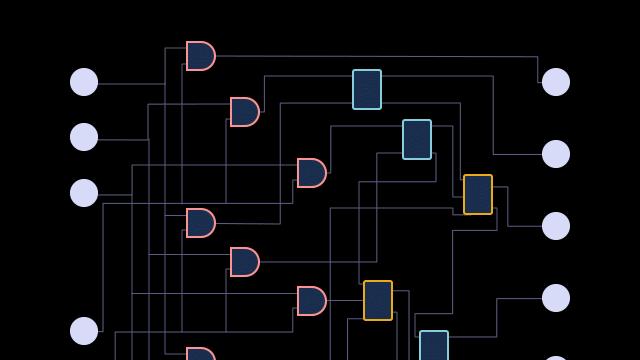TL18QTMCP
Latest

IBM finally proves that quantum systems are faster than classicals
In 1994, MIT professor of applied mathematics Peter Shor developed a groundbreaking quantum computing algorithm capable of factoring numbers (that is, finding the prime numbers for any integer N) using quantum computer technology. For the next decade, this algorithm provided a tantalizing glimpse at the potential prowess of quantum computing versus classical systems. However, researchers could never prove quantum would always be faster in this application or whether classical systems could overtake quantum if given a sufficiently robust algorithm of its own. That is, until now.

D-Wave takes quantum computers mainstream with ‘Leap’
Quantum computing technology is slated to revolutionize our ability to manipulate and analyze data, fundamentally changing the way that countless industries from cybersecurity and telecommunications to pharmaceutical development and transportation logistics will operate in the future. Even the US Senate is getting in on the action.

Quantum entanglement on demand could lead to a super-secure internet
If you're going to create virtually unbreakable quantum networks, you need to create quantum entanglement so that particles, and thus pieces of data, are intertwined at long distances. There hasn't been a reliable way to make that happen, however, until now. Scientists at TU Delft have produced the first entanglement on demand -- that is, they can reliably trigger the quantum pairing effect and make it last long enough to be meaningful. The effect only worked across two nodes and a modest distance of about 6.6 feet, but it raises the possibility of a quantum internet that's far more secure than what you see today.

Senate bills would make quantum computing a priority
There's a worldwide race to dominate quantum computing, and two new pieces of legislation might help the US claim the lead. Senator Kamala Harris has introduced the first, the Quantum Computing Research Act, to provide a "competitive edge" in development. It would create a Quantum Computing Research Consortium in the Department of Defense to coordinate progress, offer grants and oversee initiatives. The measure would boost the economy, create jobs and bolster national security, if you ask Harris.

Scientists invented a real-life flux capacitor, but not for time travel
If you watched Back to the Future over the holiday weekend and wished the flux capacitor was a real thing so you could travel through time, we have sorta good news. Scientists from Australia and Switzerland have proposed a real-life flux capacitor -- but you won't be able to travel back to a high school dance in the '50s with it.

Diamond 'guitar' strings could lead to quantum computer memory
Quantum computers need memory to perform tasks like their conventional counterparts, but it's hard to create that memory when it only takes nearby vibrating atoms to lose all their data. Scientists may have a clever solution, though: tune diamond like a guitar string. They've crafted a quantum memory system where micron-wide diamond crystal strings house impurities that are better suited to data-storing electrons. If you subject the diamond to a voltage, you can stretch it and boost the frequencies the electrons are sensitive to, much like you would tighten a guitar string to change its pitch. It'll be harder to disturb the data, in other words.


